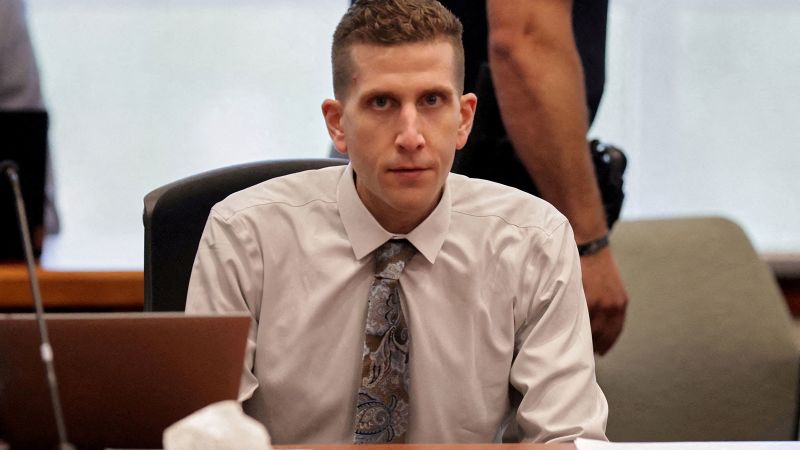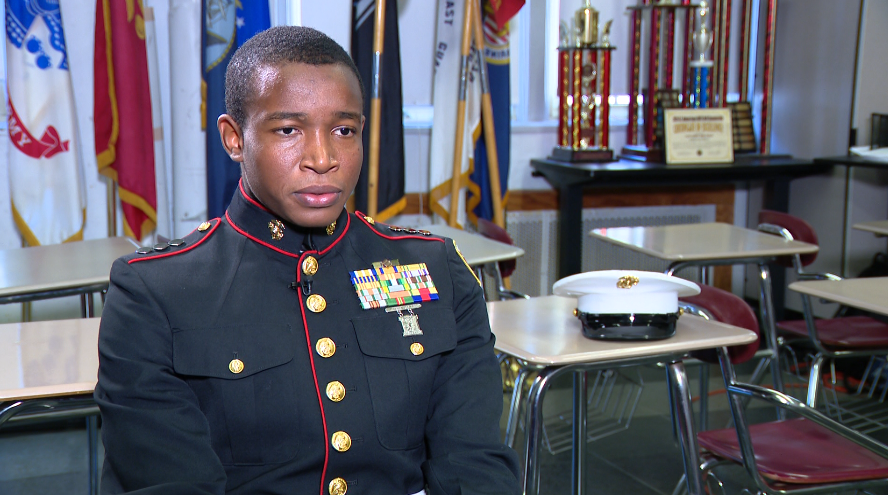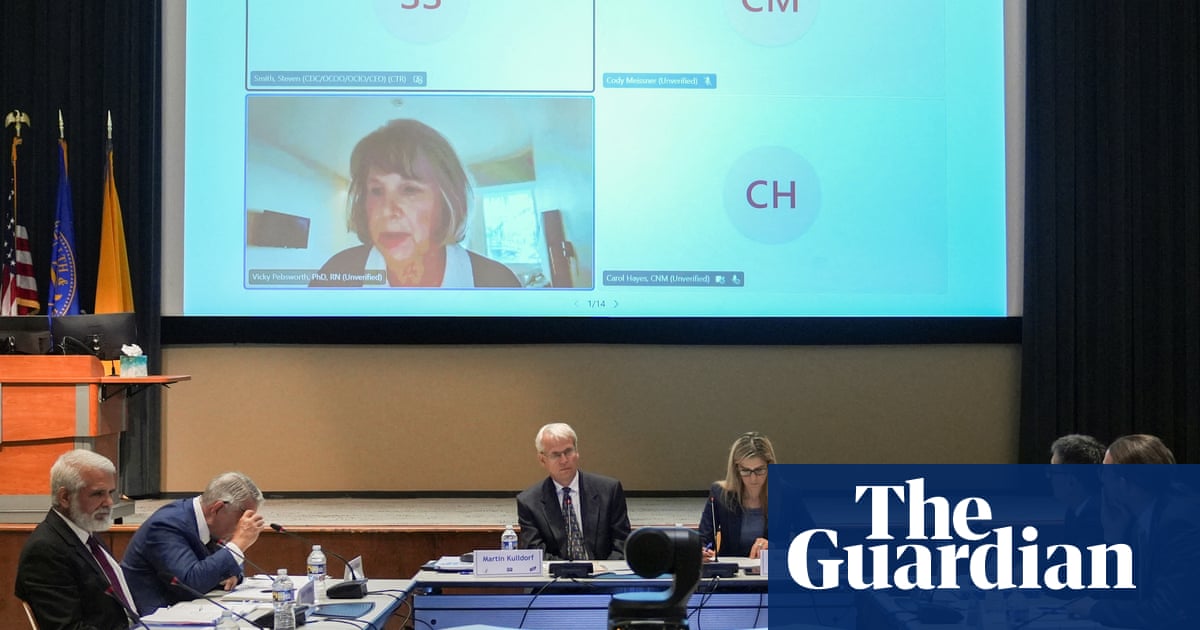Bryan Kohberger’s Plea Deal: Avoiding Death Penalty in Idaho Student Murders

Bryan Kohberger appeared expressionless as he stood before Judge Steven Hippler in a Boise, Idaho courtroom on Wednesday. The 30-year-old former PhD student in criminology answered “yes” to each name called out, admitting to the murders of four Idaho college students in their off-campus home. The courtroom was filled with the victims’ families as Kohberger entered a plea deal that removed the possibility of the death penalty, pleading guilty to all five counts in the indictment.
Kohberger faced charges of four counts of first-degree murder and one count of burglary in Latah County, Idaho. The victims—Ethan Chapin, 20; Kaylee Goncalves, 21; Xana Kernodle, 20; and Madison Mogen, 21—were fatally stabbed in their Moscow, Idaho home on November 13, 2022. Despite strong evidence, including DNA found on a knife sheath and surveillance data, prosecutors opted for a plea deal, sparking questions and emotions among the families and the public.
The Decision to Strike a Plea Deal
According to CNN trial correspondent Jean Casarez, the decision to strike a plea deal despite the strong evidence remains one of the biggest unanswered questions. Prosecutors hold the key to whether a trial proceeds or a plea deal is made. Casarez noted that the case was solid, with the defense unable to establish an alibi for Kohberger. However, the financial burden of a trial may have influenced the decision, as Latah County would bear the costs.
“This trial was going to cost a lot of money. This is Moscow’s case. Latah County would have to pay for it all,” Casarez explained.
The plea deal also avoided the death penalty, which Kohberger’s defense attorneys argued against, citing his autism. The agreement ensures Kohberger will serve life in prison without the possibility of parole, a strategy reminiscent of the 2003 case of serial killer Gary Ridgway, who bargained away the death penalty under certain conditions.
Impact on Families and Public Closure
The absence of a trial means no public adjudication of Kohberger’s motive, leaving some families feeling that closure remains elusive. The father of Kaylee Goncalves expressed frustration, believing that the plea deal allowed Kohberger to evade full accountability. Meanwhile, the family of Madison Mogen viewed the plea as a form of closure, while Xana Kernodle’s father felt unresolved, yearning for the truth.
“They wanted answers. They wanted to know if anybody else knew about it, where the murder weapon came from, why he went to that particular house,” Casarez noted.
Kohberger’s family was notably absent from the courtroom, though they have been supportive in the past. The emotional toll on both the victims’ and Kohberger’s families was palpable, with silent yet intense emotions filling the courtroom.
The Courtroom Atmosphere
The courtroom was tense but silent as Kohberger admitted guilt. The media and families were instructed to maintain composure, yet the emotional weight was evident. Prosecutor Bill Thompson choked up while reciting the facts and victims’ names, a rare display of emotion that resonated with those present.
“A prosecutor has empathy for victims because although they represent the people, they indirectly represent the victims,” Casarez observed.
As the sentencing approaches, victim impact statements will play a crucial role, offering families a chance to address Kohberger directly. The question remains whether Kohberger will speak, potentially providing some insight into his actions.
Looking Ahead: Sentencing and Beyond
Sentencing is scheduled for July 23, where the gag order will be lifted, allowing parties to speak freely. The rapid progression to the plea deal surprised many, with families needing to adjust their plans to attend the hearing. The judge’s apology for the expedited process highlights the unusual nature of the case.
Kohberger’s waiver of his right to appeal means he will spend the rest of his life in an Idaho prison. The plea deal’s lack of provisions for Kohberger to confess specific details leaves lingering questions about the crime’s motivations and the possibility of accomplices.
As the case concludes, the families and the community continue to grapple with the aftermath, seeking understanding and healing in the absence of a trial. The plea deal, while providing a resolution, leaves a complex legacy of unanswered questions and emotional scars.






